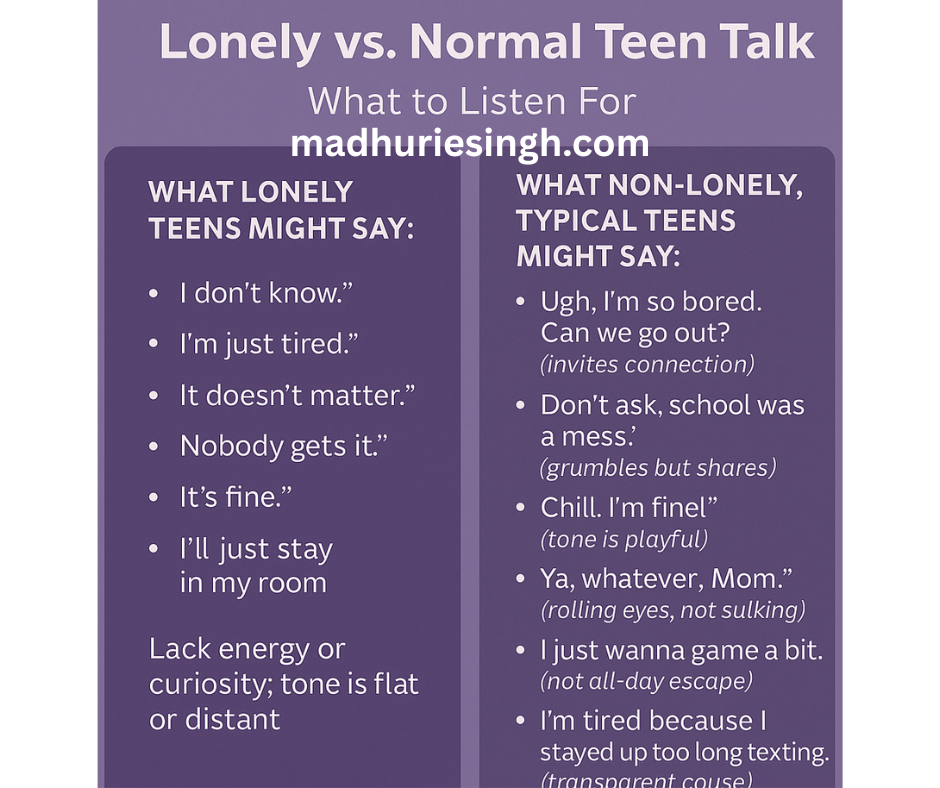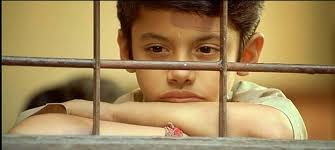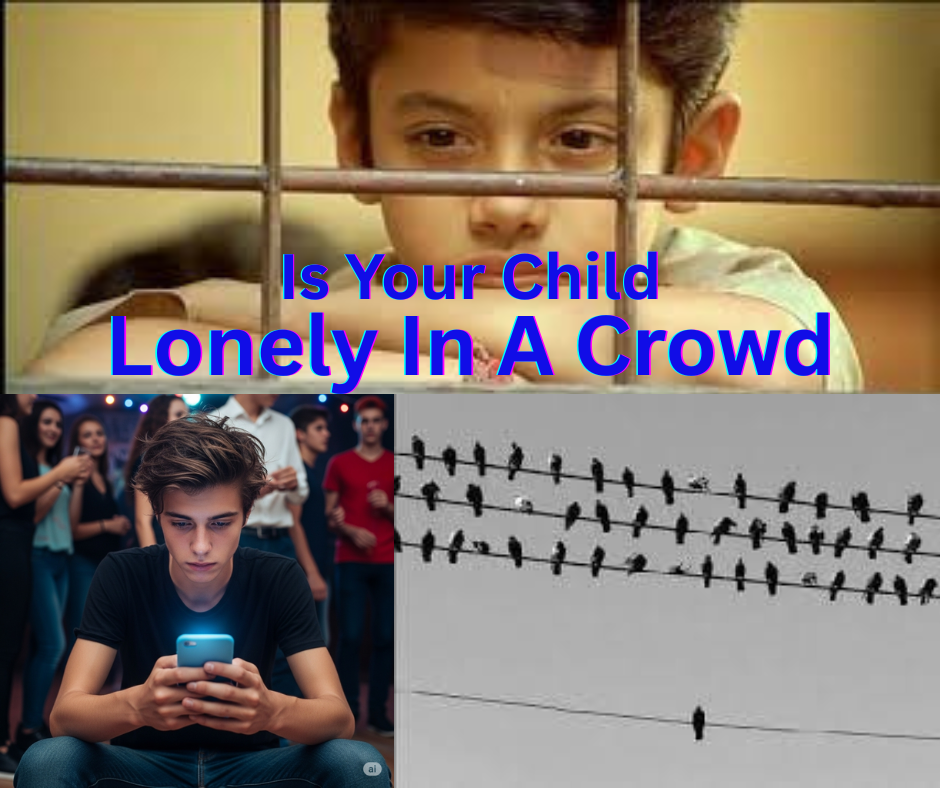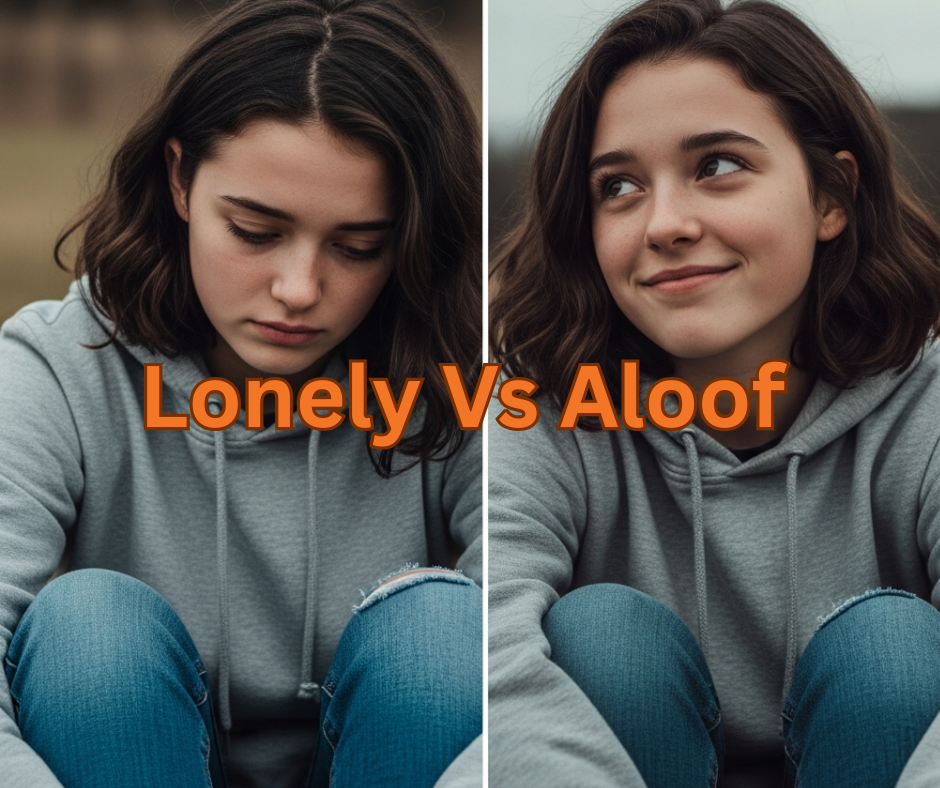How Loneliness Can Cause Screen Addiction
By Madhurie Singh, July 03, 2025

The Case of Ishaan from Taare Zameen Par

Remember Ishaan Awasthi from the movie Taare Zameen Par?
The little boy who was called “lazy”, “disobedient”, and “unfocused”?
He was constantly scolded, misunderstood, and left alone with his struggles. No one really asked, “Why is he withdrawing? What is he missing?”
Do you remember the scenes where Ishaan was alone in the hostel, eyes blankly watching the fan, or sitting at the desk while others played? That wasn’t just sadness—it was deep, silent loneliness.
Had he been given a phone or tablet in those moments, don’t you think he would’ve escaped into that world?
A world where no one judged, no one scolded. Just music, animation, fun, and comfort.
In real life, that’s exactly what happens. Lonely children escape to screens not because they’re addicted to pixels, but because they’re starving for connection.
Namaste dear parents,
Has your child ever gone straight to a screen when they felt bored, sad, or lonely? It’s not just a habit—it may be a sign of an emotional need. In this chapter, we’ll explore how loneliness can cause screen addiction, why emotional connection matters, and how Indian parents can guide children back to healthy relationships and balanced screen use.

🧠 Understanding Loneliness — The Silent Root of Screen Addiction
Audio of How Loneliness Can Cause Addiction?
💬 Alone, Aloof, or Lonely — Not the Same
Let me share this important difference that many parents confuse being alone with being lonely. A child who is alone may be perfectly happy building blocks or reading a book. Aloof children may seem distant or disinterested, but it could be their natural personality.
But loneliness is different. It’s a painful feeling of emotional disconnection, even when people are physically around.
A child may eat dinner with the whole family, yet feel like no one notices them. A teenager may laugh with friends at school, yet cry alone in their room. That’s loneliness.
🌍 Loneliness Feels Different to Different People
For some, loneliness feels like:
- A dull ache in the chest or head or legs or whole body
- A desire to run away or hide
- A belief that “nobody understands me” or “I don’t matter” or “no one cares about me”
For others, it may come out as:
- Anger, Agrression, Shouting
- Over-sleeping or extreme tiredness or unable to get out of the bed or something is pressing the body and no energy to fight it
- Excessive screen use, eating, or scrolling or addiction to drugs, smoke, porn, alcohol
Whether it’s a 7-year-old or a 40-year-old, the pain of not being emotionally seen or heard is the same.
🧪 What Happens Inside the Brain When Someone Is Lonely?
Loneliness is not just emotional—it’s chemical. Here’s what happens:
- The amygdala (fear centre) becomes hyperactive, making the brain feel unsafe, the child is angry, defensively argues and mostly aggressive
- The cortisol (stress hormone) levels rise, and the child is ready to run or fight
- The dopamine system, which controls pleasure and motivation, becomes unstable. Suddenly, the mood swings in the child make them happy to sad or angry for no reason
- The oxytocin (bonding hormone) is low, so the person doesn’t feel warmth or trust. The child is confused and angry with their parents or siblings always.
Over time, this stress rewires the brain to expect rejection, leading to social anxiety or withdrawal from family members becomes a habit. That’s why lonely children often prefer screens—because their screens are friendly, passive, predictable and don’t judge the lonely child.
🚨 Warning Signs of Loneliness in Children
Here are early symptoms parents should watch for:
- Sudden increase in screen time without a reason
- Preferring virtual friends or YouTubers over real people, but one has to be smart to differentiate between the personality of the child and sudden change. An introvert will prefer online people over real people, yet not be lonely. They are mostly aloof and love to be on their own.
- Saying things like “I’m bored” or “Nobody listens to me” often
- Changes in sleep or eating patterns
- Talking to themselves more than usual
- Extreme sensitivity or anger to small issues. Again if its a teenager, then it’s also necessary not to jump to the conclusion, as teenagers undergo these emotions if living in a nuclear family.
- A sad look even during fun moments
⚠️ If you see 3 or more of these signs consistently over 2 weeks, pause. Your child might not be addicted. They might be lonely.
🧍♀️ Can Someone Be Lonely in a Crowd?
Absolutely.
Children can be lonely in school, even with 30 classmates.
Teenagers can be lonely on Instagram, even with 3,000 followers.
Even adults can be lonely in joint families, office meetings, or festivals.
Why? Because loneliness is not about people around you—it’s about emotional connection.
No real bonding = loneliness, even in a crowd. It’s a dangerous emotion. May lead to drastic steps. I recall at least 5 cases of teenagers to adults who committed suicide during the pandemic from 2020 to 2023 due to loneliness.

🗣️ What Lonely Teens Might Say:
These responses usually lack energy, warmth, or curiosity, and are often accompanied by flat tone, avoidance, or withdrawal:
- “I don’t know.” (muttered, avoids eye contact)
- “I’m just tired.” (frequent excuse, no reason given)
- “It doesn’t matter.”
- “Nobody gets it.”
- “It’s fine.” (quick, defensive, ends the conversation)
- “Whatever.” (shrugs, with a distant look)
- “I’ll just stay in my room.”
These phrases are often emotional shields. The tone, repetition, and body language matter more than the words themselves. These aren’t random words—they are emotional alarms disguised as everyday lines.
😎 What Non-Lonely, Typical Teens Might Say:
Teens with a healthy emotional connection may still sound vague or moody (they’re teens after all 😅), but there’s lightness, banter, or openness in their tone or later actions:
- “Ugh, I’m so bored. Can we go out?” (invites connection)
- “Don’t ask, school was a mess.” (grumbles but shares)
- “Chill, I’m fine!” (but tone is playful or irritated)
- “Ya, whatever, Mom.” (rolling eyes, not sulking)
- “I just wanna game a bit.” (not all-day escape)
- “I’m tired because I stayed up too long texting.” (transparent cause)
- “Not now, I’ll tell you later.” (but does tell you later)
Their energy returns, conversations happen later, and they are still social in their own way.
👨👩👦 What Can Families Do If a Child Feels Lonely?
Join The Trusted Parents Whatsapp Group Here
Fill The Google Form To Connect With Madhurie Singh or Join the Trusted Parents Circle
Join The Screen De-Addiction Course Here
✍️ About the Author
Madhurie Singh is India’s leading education and parenting expert, a school reviewer, computer engineer, Sanskrit scholar, and founder of Trusted Parents. Through ancient wisdom and modern science, she helps parents raise mindful, values-driven children in a digital-first world.






Login is required
Don't have an account? Sign Up